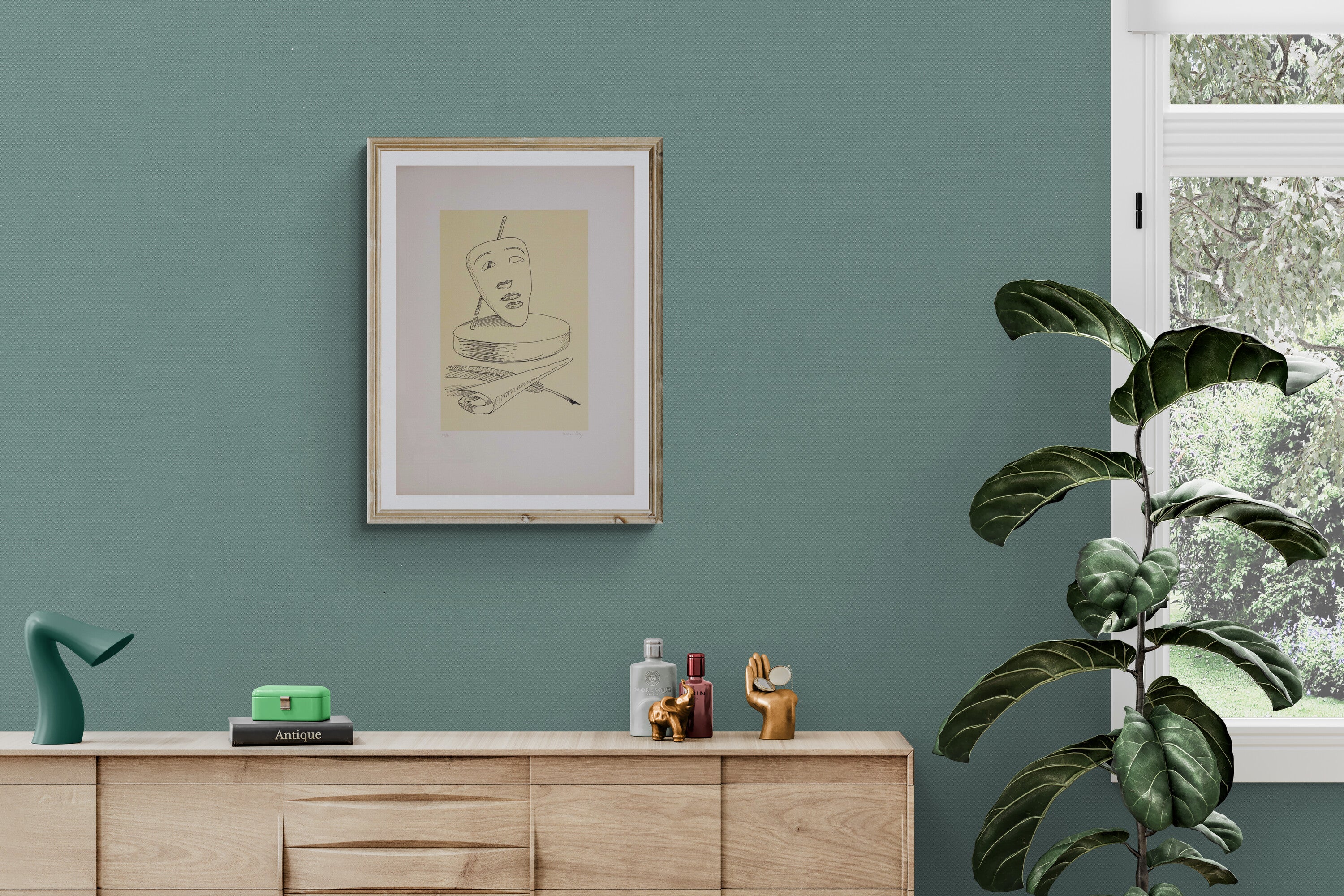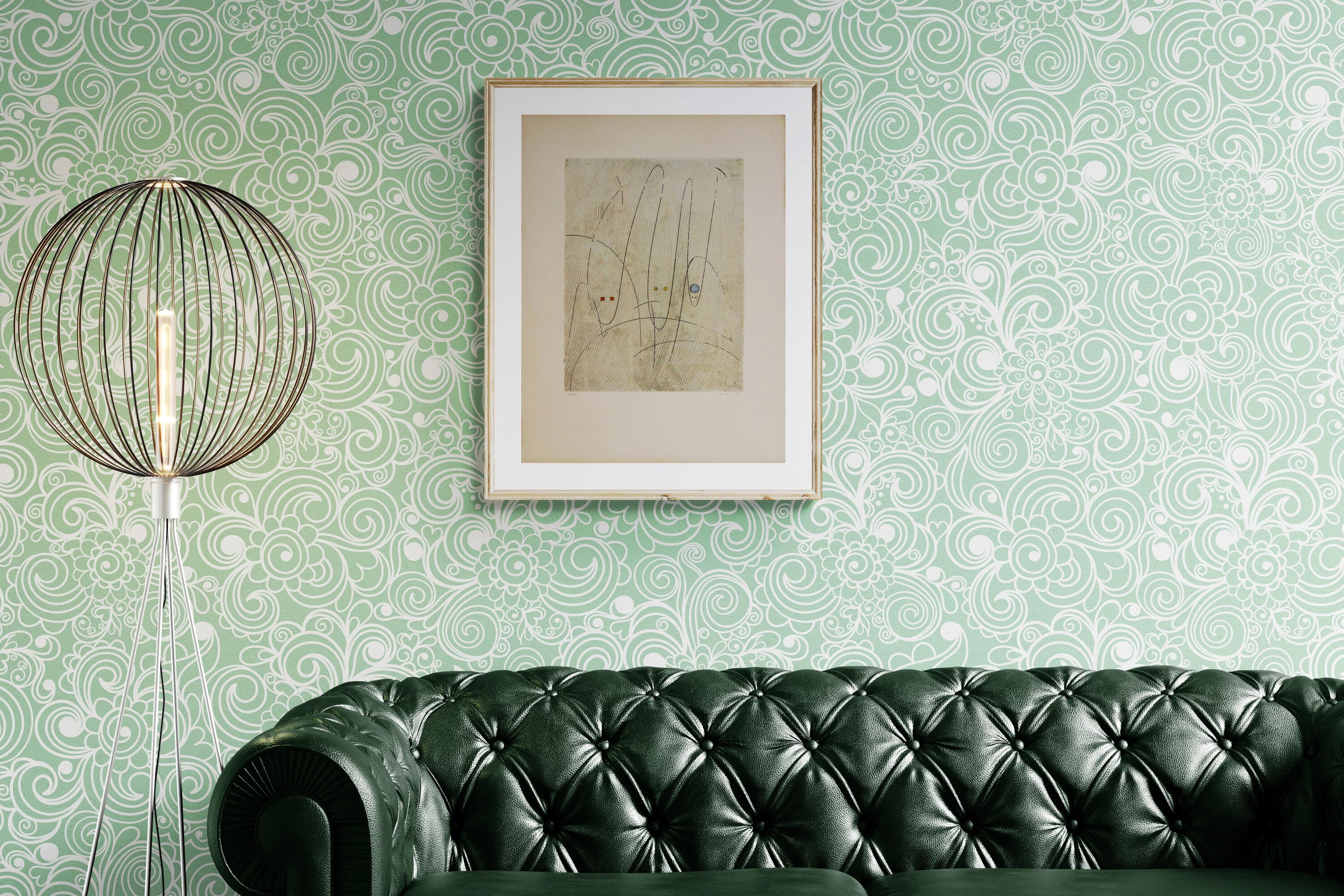Bruno Caruso biography

Bruno Caruso was an Italian painter, designer, engraver and writer. Born in Palermo in 1927. At just five years old he began drawing and for his exercises he used art illustrations found in the history books that his father kept in the family library. After his high school studies he began to undertake various trips and had the opportunity to visit and admire the works of art in many important museums such as those in Vienna and Munich, places that introduced him to the works of George Grosz and Otto Dix, who he will also meet in person.
At the end of the 1940s he went to Prague for the Youth Festival. It is in this period that Bruno Caruso began his activity of illustrating the works of Franz Kafka, perfecting the study and practice of etching. Also in this period he created a series of drawings whose main theme was the Nazi occupation of the Prague Ghetto and the Jewish cemetery which is also located in the capital of the Czech Republic.
In the years following the Second World War, Bruno Caruso obtained a degree in Law and deepened his knowledge in the humanistic field. This passion of his led him to form strong friendships with great authors of the Italian literary scene such as Elio Vittorini and Salvatore Quasimodo. He also began a wonderful collection of art books and works illustrated with original etchings or woodcuts, as well as collecting many other works of various kinds such as Islamic manuscripts.
In the early 1950s the Sicily Region entrusted him with the printing project of the magazine "Sicilia" and at the same time he dealt with other publications. During his work he formed further friendships with great poets including Ungaretti and Sinisgalli and many painters and photographers of the time such as Fabrizio Clerici and Herbert List. Among his activities in the 1950s we also mention the collaboration with the choreographer Aurelio Millos for the staging of several ballets.
As regards his pictorial activity, in recent years Bruno Caruso created a vast series of drawings that represent a strong denunciation of the mental hospital in his city, Palermo. In this context, he leads a battle to request the revision of psychiatry and is joined by Franco Basaglia. This event highlights how the artist has always been active in the fight against all types of oppression and violence, and he also expresses these feelings through his works. Furthermore, his commitment to denouncing acts of corruption and the mafia in Sicily has always been constant.
His style starts from a very dry contour line which is considered a sort of legacy of the models that belonged to the European secessions and Art Nouveau. The formalism of these works, in fact, already belonged to him as a child thanks to the presence of Ducrot furniture in his native home. To these aspects, Bruno Caruso adds completely personal scenography that we could almost define as dreamlike and surreal, but which always seek a correspondence in reality and social criticism. His drawing with very thin lines is made with extreme skill and this characteristic also belongs to his engravings and paintings.
The Seventies and Eighties, however, were dedicated to greater reflection on the artistic production of the past, and Bruno Caruso did so through the publication of the volumes The days of painting, with a text by Leonardo Sciascia, and Mythology of modern art. In both volumes the history of art merges with a detailed and critical interpretation of ancient and more recent forms. This is especially the case with humorous and caricature drawings. The artist's production can therefore be defined as a heterogeneous catalogue, with roots in the past and an eye always attentive to the present. His works contain different characters: ruthless, carnal, ghostly, throbbing, graceful.
Bruno Caruso was also a highly regarded illustrator of works of Italian and European literature, both from the 19th and 20th centuries. Among the most noteworthy works we remember those concerning the works of Kafka, Machiavelli and his dear friend Ungaretti. His career has also been recognized through important titles such as the honorary degree from the University of Palermo in Letters and Philosophy and the Gold Medal of Meritorious Culture from the President of the Italian Republic .
In 2003, moreover, he received the Archimede Prize from the Sicily Region which is awarded to the Sicilian personalities who have stood out the most in the world. Bruno Caruso passed away in Rome on 4 November 2018.




: invalid url input -->)